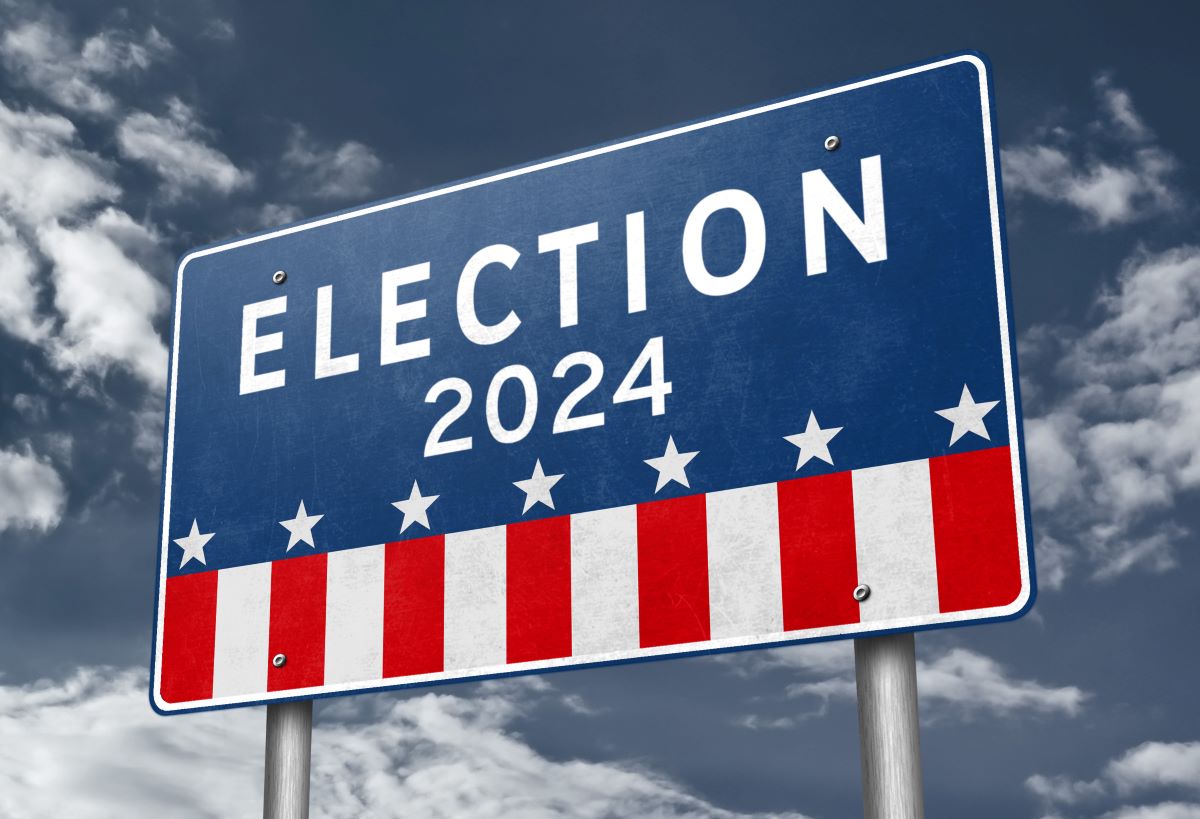In CSBA’s winter 2022 magazine, the Legal Team provided a summary of the Ninth Circuit Court of Appeals decision in Garnier v. O’Connor-Ratcliff, which held that the decision of two school board members to block some constituents from accessing private social media accounts used by the board members to engage with constituents was a state action and violated the First Amendment rights of the constituents. The board members, Michelle O’Connor-Ratcliff and T.J. Zane, appealed the decision to the U.S. Supreme Court, which accepted the petition on April 24, 2023. The Court will hear the case during the October term.
Beginning around 2014, O’Connor-Ratcliff and Zane created public Facebook profiles for their campaigns, which they continued to use after being elected. The board members listed their public offices in their Facebook profiles, and their posts on Facebook and Twitter included district-related information. The board members often interacted with members of the public on the platforms and used their social media pages to invite the public to provide feedback on board- and district-related issues. The plaintiffs, Christopher and Kimberly Garnier, were district parents who frequently left comments on the board members’ Facebook and Twitter accounts. The comments were often lengthy and repetitive, including the same comments being posted repeatedly. The board members eventually blocked the Garniers from being able to read and post on the board members’ Facebook profiles. Trustee O’Connor-Ratcliff also blocked Christopher Garnier on Twitter. The Garniers sued the board members in federal court for violations of their First Amendment rights.
The Ninth Circuit Court of Appeals first held that the board members engaged in “state action” when they blocked the Garniers from their social media accounts, as the Garniers’ claim required the court make a finding that the board members engaged in state action before it could determine whether they violated the Garniers’ First Amendment Rights. The court disagreed with the board members’ argument that they did not engage in state action since the district did not require them to have social media accounts to interact with constituents, nor did the district provide financial or other support for the social media accounts. Specifically, the court held that the use of the social media accounts was “directly tied” to the board members’ duties because of how the board members used the pages to facilitate the performance of their official duties. The way the pages identified them as board members and involved issues being considered by or acted upon by the board also created a direct tie. Thus, the court found that the board members acted under color of state law. Having made that finding, the court went on to find that the board members violated the Garniers’ First Amendment rights by blocking them from their social media accounts. The court held that the board members’ action blocking the Garniers was not adequately tailored to serve an appropriate governmental interest because the comments did not disrupt the board members’ social media pages and prevent engagement with others. The board members appealed to the U.S. Supreme Court.
Contrarily, the Sixth Circuit Court of Appeals recently held in a similar case, that a public official’s decision to block members of the public from a private social media account used for public business did not constitute state action where the account was not required, funded, or operated or owned by the public entity. (Lindke v. Freed (6th Cir. 2022) 37 F.4th 1199.) This difference in decisions between the Ninth and Sixth circuits creates a circuit split, giving the Supreme Court more reason to hear the Ninth Circuit appeal and settle the issue. Thus, the Supreme Court accepted the appeal, and the matter is now before the Court.
This case presents important issues regarding individual board members’ use of social media when they use it to interact with constituents. Included in those issues are the potential limitations on board members’ First Amendment rights to speak personally on issues as well as making a board responsible for monitoring the speech of individual board members. These issues are particularly important in light of the fact that a board may only act collectively, with no board member being able to act on their own. As technology continues to evolve and be used regularly by districts and board members, including for their independent campaign activity, the issues in this case are key to understanding how to properly use and regulate individual board member use of social media. As a result, the Education Legal Alliance will be filing an amicus brief in this case, urging the Court to find that board members’ use of social media accounts does not constitute state action.




